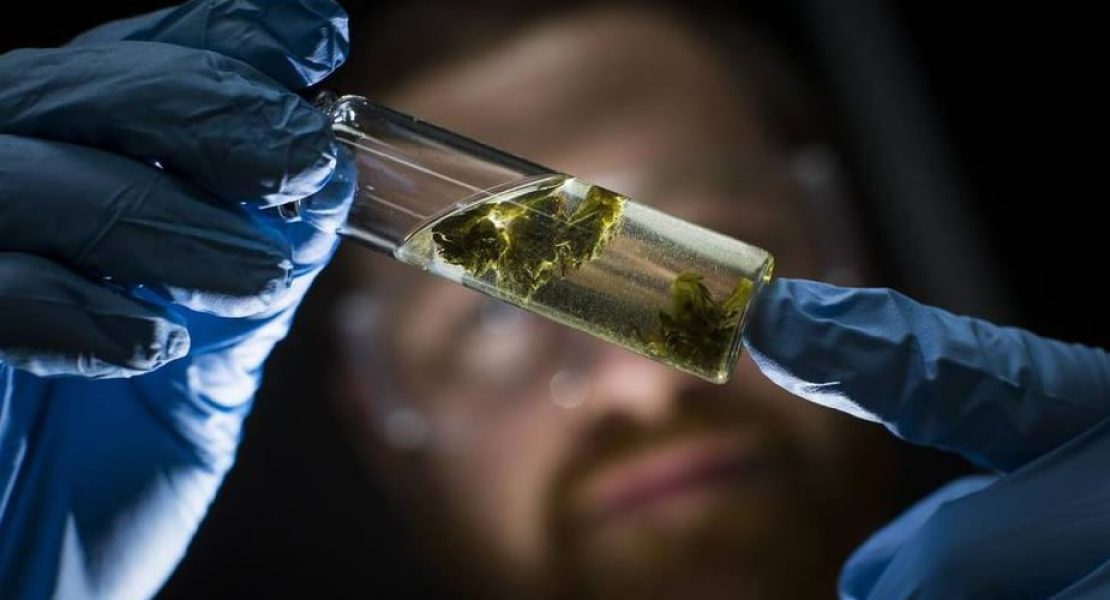
 Early in 2016, Oregon state legislators passed a law requiring regulators to standardize cannabis product testing, an initiative the industry supported because it would require more accountability from the labs and boost the trade’s legitimacy.
Early in 2016, Oregon state legislators passed a law requiring regulators to standardize cannabis product testing, an initiative the industry supported because it would require more accountability from the labs and boost the trade’s legitimacy.
On October 1st, the Oregon Health Authority (OHA) set out to protect cannabis consumers by establishing strict testing standards to address a safety issue concerning the use of pesticides and herbicides. Unfortunately because of this, they have inadvertently created a supply shortage for Oregon’s marijuana businesses, causing a severe decrease in revenue and many layoffs and the closure of many dispensaries. In addition, it has driven the consumers back to the black market, which has a much higher health risk.
A significant amount of cannabis failed to pass state testing standards in the last two months, accounting for the lack of available product on the shelves. Oregon Health Authority (OHA) officials have acknowledged the problem and the massive complaints. but say the changes are necessary to protect public safety.
Only a few out of the dozen labs in Oregon have received accreditation to test for toxins. With such a small number of fully accredited labs, there is now a considerable waiting time for results and consequently, the product moving from growers to stores has slowed considerably. The lack of supply has affected retail availability of both recreational and medical marijuana, including flower and edibles.
“We’ve seen some warts that have caused supply-chain-related issues and impacted people in terrifying ways,” said Ford Pearson, founder of Green Rush Advisory Group, a marijuana consultancy in Portland. “But overall I think it’s a very strong program and we’re starting to see progress in better issuances of licenses and the lab issues being worked out.”
“It’s just like every other recreational marijuana program,” Pearson said. “It was a brilliant job, and even with a brilliant job there are characteristics you simply cannot anticipate. The lab issue is a good example of that.”
Whitney – founder of Whitney Economics, a cannabis-centric research and consulting firm in Portland, says that 16 of 72 marijuana businesses that responded to his survey, or 22%, said they are failing; Those that are surviving are struggling. In addition, 81% said they were experiencing supply problems that have forced to raise their prices. Lastly, according to Whitney, 39% of businesses said they had to raise prices by 25%-50%, while 35% had raised prices by 10%-25%, and 26% saw price increases of less than 10%. Roughly 43% reported losing $20,000 or more per month since Oct. 1, while 53% reported sales declines of less than $20,000 per month, according to Whitney’s survey. Another 11 out of 72 respondents plan to lay off five to 25 employees. Lost revenue has created a myriad of problems!
Test results that used to have approximately a three-day turnaround are now a month or more. Whitney’s report cites testing turnaround times went from about five days to 14-21 days since the new law went into effect. Whitney says the problems are unreasonable testing standards, which, Whitney said, have translated into test failures in 40%-60% of submissions.
Donald Morse, executive director of the Oregon Cannabis Business Council says “they’ve set standards that are almost impossible to comply with,” and “they’re disallowing things that they allow on everything else.”
Morse gives credit to OHA for trying to protect public safety but says there haven’t been any pesticide-related health problems since Oregon legalized medical cannabis in 1998. “They’ve gone all these years and nobody has gotten sick, nobody has gone to the hospital,” Morse said.
Modie said that just because no one has reported pesticide-related illnesses doesn’t mean the cannabis people consumed was safe. “Unfortunately, a lot of product that passed the recent tests that have failed show us it shouldn’t have passed,” he said. “I suspect there is a whole lot of product out there that had pesticides on it that shouldn’t have had pesticides on it.”
Due to lack of funding to complete certifications, OHA says they are understaffed to move any faster. Spokesman for the OHA, Jonathan Modie, the agency responsible for lab testing and overseer of the medical market, states that the existing labs have said they can handle the testing workload, but he acknowledged more facilities would help. “I can’t speculate what a good number of labs would be … Would more labs be better? Absolutely,” Modie said.
The supply shortage has been compounded by Oregon’s decision to move its recreational market in October to the Oregon Liquor Control Commission (OLCC), to oversee that market. Only a handful of infused product makers have OLCC licenses, leaving many retailers struggling to find concentrates and infused products. “I only have three or four edibles companies to buy from, as opposed to a couple hundred a couple months ago,” says one dispensary owner, adding that his store used to carry about 20 varieties of shatter but now has only five or six, and his flower selection has also declined. Most believe this won’t completely sink the industry as a whole, but it will kill many companies.
To further stress the medicinal dispensaries, under state guidelines, growers and cultivators cannot supply both recreational and medical stores. Many medical suppliers are now focusing on the recreational market, leaving medicinal dispensaries desperate for products.
Industry professionals understand that there must be standards and policies, however they are hopeful those can be more reasonable in the future. “We’re not advocating that there be no testing,” said Morse of the Oregon Cannabis Business Council. There is also hope several new labs will be certified soon, which should ease the supply crisis.







